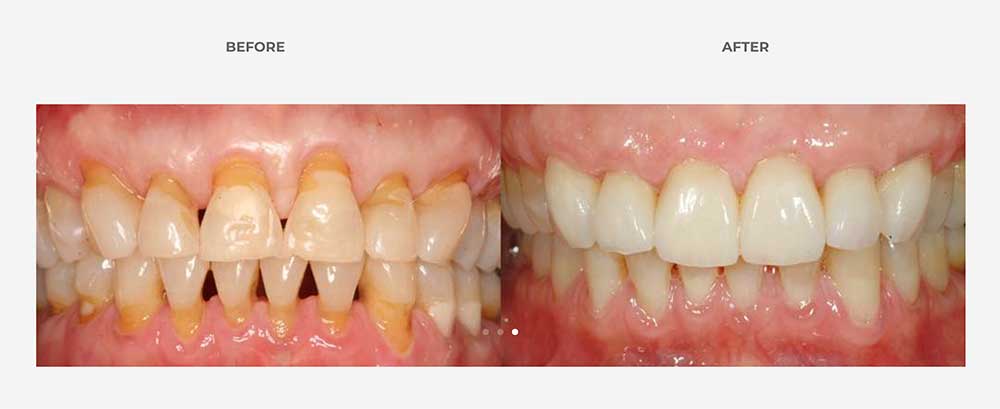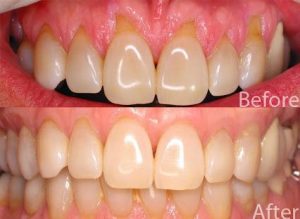
Recessed gums can be a difficult condition to treat. A dentist can help you find a cure for this problem. If you have any of these symptoms, you should contact your dentist as soon as possible. However, if you have a more severe case, you should consider another option, such as a dental procedure. Luckily, there are many options available. Site tvcamargo.com.mx lists some of the most common treatments for gum recession.
If you have receding gums, you may experience pain along the gum line or notice that your teeth have become longer. Your gums will be swollen and painful, and you may notice that your teeth are getting longer. If you have a receding or receding jaw line, you should visit a dentist. In most cases, the procedure can be performed in the dentist’s office. You should also schedule regular dental visits and floss regularly to keep your gums in good condition.
Medicines for gum recession may be prescribed by your doctor. These include prescription medications to help you manage your symptoms. The dosage of Septilin for adults is two teaspoons of syrup three times a day or two tablets twice a day. Some people may also need to take vitamin C to prevent inflammation and swelling of the gums. You should also take medications as recommended by your doctor, as they are not harmful to your body.
There are a number of medicines for gum recession that can help relieve symptoms. A list of medicines for deepening gums can be found here. Each medicine has its own side effects. Be sure to pay close attention to them when taking any medication. If they affect gum health, you should avoid them. There is no cure for a receding or receding jaw. There are many ways to treat this condition, and a dentist can help you.

The first thing to do is visit a periodontist. They will be able to determine the cause of gum recession. These medicines can also relieve symptoms. Some of these drugs may even improve oral health. These include medicated toothpastes, gels, and antibacterial mouthwashes. But the best way to choose the right medicine for your particular case is to consult a dentist.
Antibiotics for receding gums are a common treatment. These antibiotics can control the bacteria causing the problem and stop it from spreading. They can also inhibit bacterial growth. In severe cases, oral surgery may be required. Other forms of recessed gums may require tissue grafting and oral surgery. These are usually routine procedures performed by a periodontist. Some of them may be used for more serious cases.
Medications for receding gums include antibiotics and over-the-counter painkillers. Some may also increase the risk of gum disease. These medications are also available over-the-counter. In the case of over-the-counter painkillers, an antihistamine may be an option. Surgical procedures are only recommended in severe cases. If you suffer from major discomfort and don’t feel better after taking the medication, you can consult a dentist.
Medications for receding gums can help to decrease the inflammation and swelling caused by the disease. If you are taking any of these medications, you should check with your doctor about the side-effects they may have on your oral health. For example, if you are on a calcium-based medication, this can cause a weakened immune system. You should also discuss any medications with your periodontist to make sure you are getting the right treatment for your condition.
If you are experiencing receding gums, you may experience painful and sensitive gums. Using antimicrobial mouthwashes is one of the best ways to treat recessed gingival tissues. Your periodontist can also perform scaling and planing for you. Besides, regular checkups and cleanings will help you maintain good oral hygiene and prevent the onset of serious dental problems. It’s also important to use the right medications.
